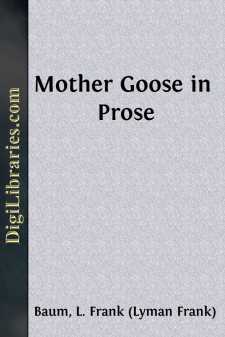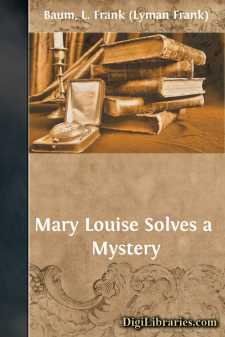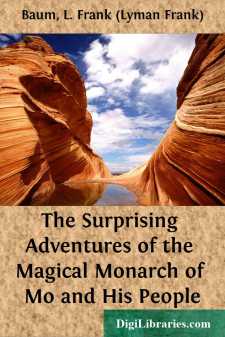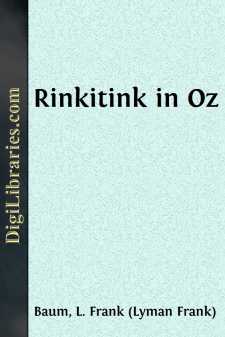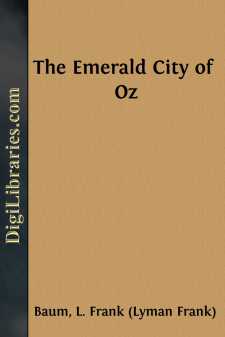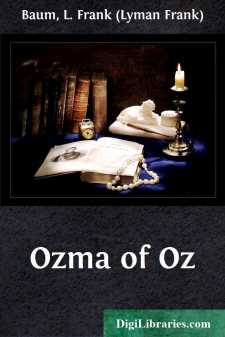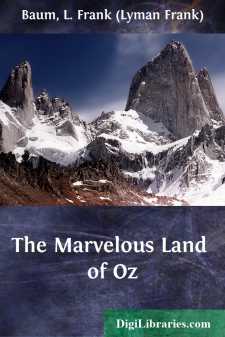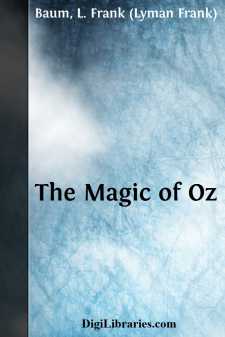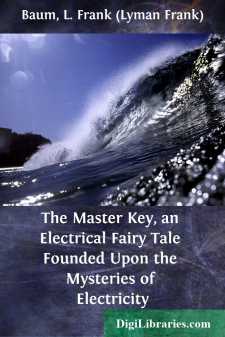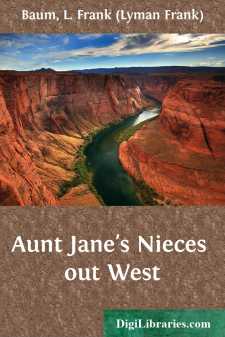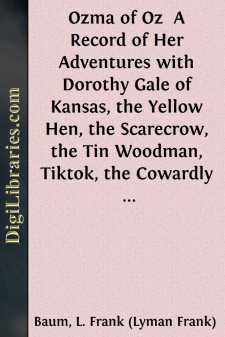Categories
- Antiques & Collectibles 13
- Architecture 36
- Art 48
- Bibles 22
- Biography & Autobiography 813
- Body, Mind & Spirit 142
- Business & Economics 28
- Children's Books 17
- Children's Fiction 14
- Computers 4
- Cooking 94
- Crafts & Hobbies 4
- Drama 346
- Education 46
- Family & Relationships 57
- Fiction 11829
- Games 19
- Gardening 17
- Health & Fitness 34
- History 1377
- House & Home 1
- Humor 147
- Juvenile Fiction 1873
- Juvenile Nonfiction 202
- Language Arts & Disciplines 88
- Law 16
- Literary Collections 686
- Literary Criticism 179
- Mathematics 13
- Medical 41
- Music 40
- Nature 179
- Non-Classifiable 1768
- Performing Arts 7
- Periodicals 1453
- Philosophy 64
- Photography 2
- Poetry 896
- Political Science 203
- Psychology 42
- Reference 154
- Religion 513
- Science 126
- Self-Help 84
- Social Science 81
- Sports & Recreation 34
- Study Aids 3
- Technology & Engineering 59
- Transportation 23
- Travel 463
- True Crime 29
Mother Goose in Prose
Categories:
Description:
Excerpt
Introduction.
None of us, whether children or adults, needs an introduction to Mother Goose. Those things which are earliest impressed upon our minds cling to them most tenaciously The snatches sung in the nursery are never forgotten, nor are they ever recalled without bringing back with them myriads of slumbering feelings and half-forgotten images.
We hear the sweet, low voice of the mother, singing soft lullabies to her darling, and see the kindly, wrinkled face of the grandmother as she croons the old ditties to quiet our restless spirits. One generation is linked to another by the everlasting spirit of song; the ballads of the nursery follow us from childhood to old age, and they are readily brought from memory's recesses at any time to amuse our children or our grandchildren.
The collection of jingles we know and love as the "Melodies of Mother Goose" are evidently drawn from a variety of sources. While they are, taken altogether, a happy union of rhyme, wit, pathos, satire and sentiment, the research after the author of each individual verse would indeed be hopeless. It would be folly to suppose them all the composition of uneducated old nurses, for many of them contain much reflection, wit and melody. It is said that Shelley wrote "Pussy-Cat Mew," and Dean Swift "Little Bo-Peep," and these assertions are as difficult to disprove as to prove. Some of the older verses, however, are doubtless offshoots from ancient Folk Lore Songs, and have descended to us through many centuries.
The connection of Mother Goose with the rhymes which bear her name is difficult to determine, and, in fact, three countries claim her for their own: France, England and America.
About the year 1650 there appeared in circulation in London a small book, named "Rhymes of the Nursery; or Lulla-Byes for Children," which contained many of the identical pieces that have been handed down to us; but the name of Mother Goose was evidently not then known. In this edition were the rhymes of "Little Jack Homer," "Old King Cole," "Mistress Mary," "Sing a Song o' Sixpence," and "Little Boy Blue."
In 1697 Charles Perrault published in France a book of children's tales entitled "Contes de ma Mere Oye," and this is really the first time we find authentic record of the use of the name of Mother Goose, although Perrault's tales differ materially from those we now know under this title. They comprised "The Sleeping Beauty," "The Fairy," "Little Red Riding Hood," "Blue Beard," "Puss in Boots" "Riquet with the Tuft," "Cinderella," and "Little Thumb"; eight stories in all. On the cover of the book was depicted an old lady holding in her hand a distaff and surrounded by a group of children listening eagerly. Mr. Andrew Lang has edited a beautiful English edition of this work (Oxford, 1888).
America bases her claim to Mother Goose upon the following statement, made by the late John Fleet Eliot, a descendant of Thomas Fleet, the printer:
At the beginning of the eighteenth century there lived in Boston a lady named Eliza Goose (written also Vergoose and Vertigoose) who belonged to a wealthy family....


